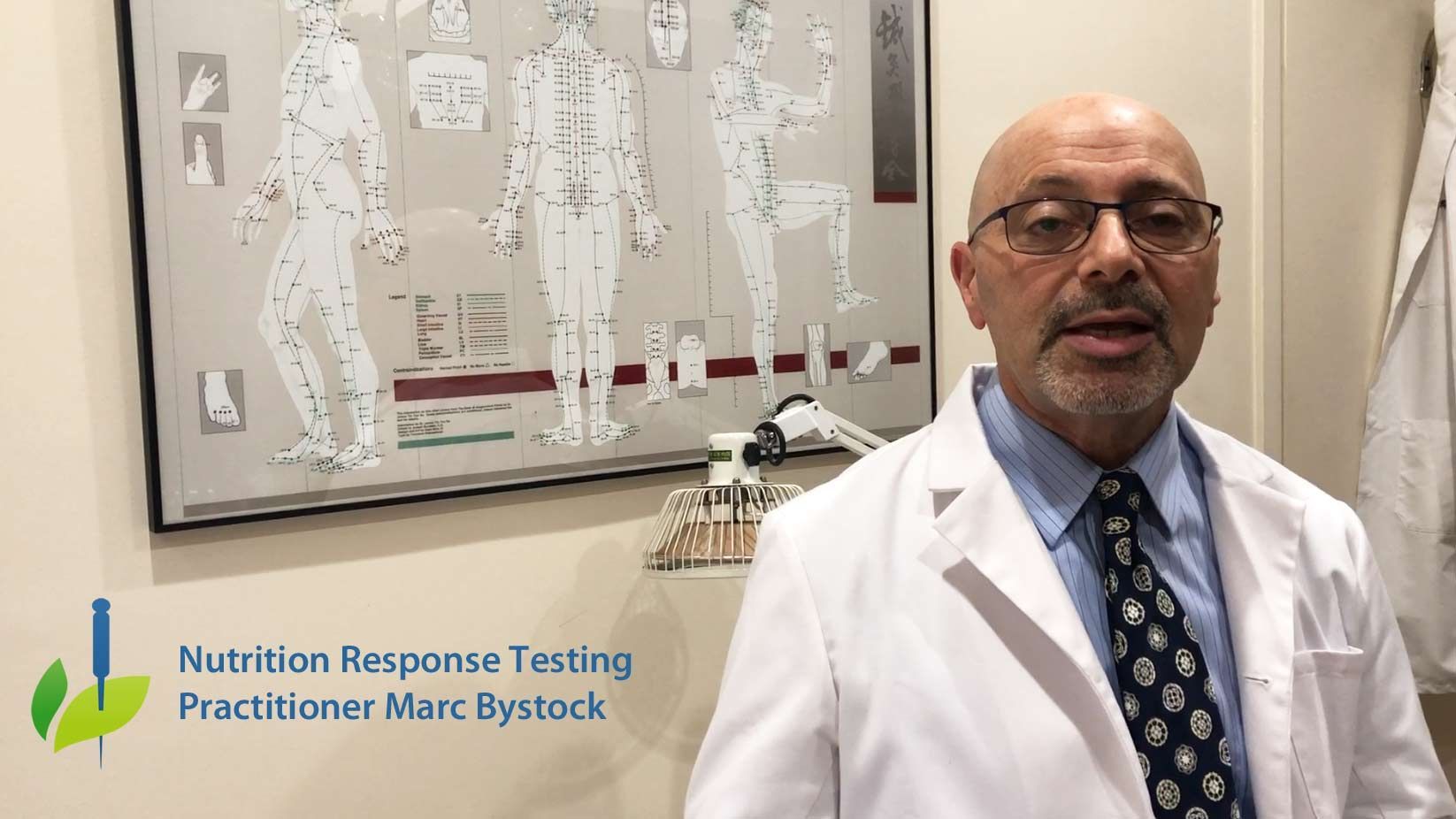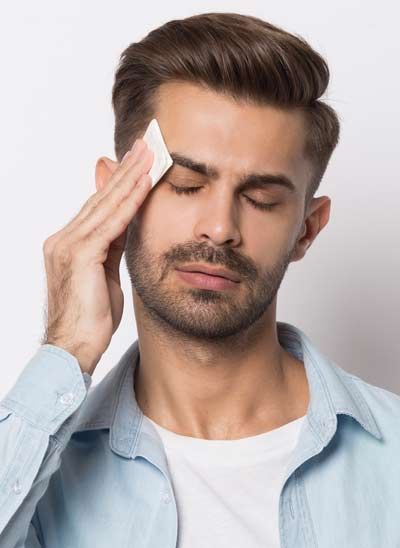Nutrition Response Testing NYC by Marc Bystock L.Ac.
"Our bodies possess an innate wisdom that reveals what we need to achieve optimal health. Through Nutrition Response Testing, we tap into this wisdom to identify and address nutritional imbalances, helping you unlock your full potential for vibrant well-being."
-Marc Bystock L.Ac.
Nutrition Response Testing Practitioner Marc Bystock in Midtown Manhattan NY 10016
What is Nutrition Response Testing?
Nutrition response testing (NRT) is a non-invasive system of analyzing the body to determine the underlying causes of ill health. It is based on the concept that the body's reflexes can reveal its nutritional deficiencies and imbalances. Practitioners of NRT use muscle testing and other assessment techniques to identify how different organs are functioning and what nutrients or supplements might be needed to support better health. Here's a general overview of how NRT works:
- Assessment - The practitioner uses muscle testing, which involves applying light pressure to a muscle and gauging the body's response. If the muscle remains strong, it suggests that the body is imbalanced in that area; if it weakens, it suggests there may be a problem.
- Nutrition Analysis - Based on the muscle testing results, the practitioner identifies areas in the body that might need nutritional support. They might test different substances on the body to see how it responds, thereby pinpointing specific nutrient deficiencies or imbalances.
- Personalized Plan - The practitioner then creates a tailored nutritional plan which may include dietary changes, supplements, and other natural therapies aimed at restoring balance and improving health.
NRT fits well within the broader holistic framework, which emphasizes treating the whole person - mind, body, and spirit. It aims to address the root causes of health issues rather than just the symptoms. One of the major appeals of NRT is that it is a non-invasive technique, making it an attractive option for individuals who prefer to avoid medications or invasive procedures. Numerous patients report feeling better and experiencing improvements in their health conditions after undergoing NRT.
How Does Nutrition Response Testing Work?
The process usually begins with an initial consultation where the practitioner collects detailed information about the patient's health history, current symptoms, and lifestyle habits. This background information helps set the context for the subsequent testing.
In the muscle testing phase, the patient is typically asked to lie down or sit comfortably. The practitioner then lightly presses on one of the patient's muscles, often an arm muscle, and asks the patient to resist the pressure.
This basic muscle test serves as a baseline to observe whether the muscle remains strong, indicating balance, or weakens, which might suggest a problem or imbalance in the body.
Next, the practitioner uses specific reflex points located on the patient's body that are believed to correspond to different organs and systems. While touching these reflex points, the practitioner repeats the muscle test to see how the body responds. If touching a particular reflex point causes the muscle to weaken, this is interpreted as a potential issue with the corresponding organ or system.
Following this, various nutritional substances, such as vitamins, minerals, herbs, and other supplements, are introduced to the body one at a time. The practitioner either holds these substances close to the patient or places them in vials near the body. The muscle testing is then repeated to observe the body's reaction to each substance. A strong muscle response is considered a positive reaction, suggesting that the substance may be beneficial, while a weak response could imply that the substance is either not needed or might be harmful.
Based on the findings from the muscle tests and reflex point assessments, the practitioner analyzes the results to determine which organs or systems require support and identifies specific dietary changes or nutritional supplements that might be beneficial. The practitioner then develops a personalized health plan that includes dietary recommendations, guided supplementation, and possibly other lifestyle advice tailored to the patient's unique needs.
Regular follow-up sessions are often scheduled to monitor the patient's progress and make any necessary adjustments to the nutritional plan. This iterative process helps refine the approach and support the patient's journey toward better health and wellness.
What Can Nutrition Response Testing Diagnose?
Marc may use NRT as part of his approach to address a variety of symptoms or conditions. These can include but are not limited to:
- Digestive Issues - Such as bloating, constipation, diarrhea, and irritable bowel syndrome (IBS).
- Hormonal Imbalances - Including thyroid disorders, menstrual irregularities, and adrenal fatigue.
- Chronic Fatigue - Persistent fatigue not explained by other medical conditions.
- Chronic Pain - Unexplained muscle or joint pain.
- Allergies - Including food sensitivities and intolerances.
- Headaches and Migraines - Chronic or recurring headaches and migraines.
- Immune System Issues - Such as frequent infections or autoimmune conditions.
- Metabolic Issues - Including difficulty losing weight or maintaining a healthy weight.
- Mood Disorders - Such as anxiety and depression.
- Skin Conditions - Including acne, eczema, and psoriasis.
Contact NYC Acupuncturist Marc Bystock L.Ac. for Nutrition Response Testing Free Consultation
If you're interested in exploring Nutrition Response Testing, consider reaching out to Marc Bystock for a free consultation. During this initial meeting, you'll have the opportunity to discuss your health history, current symptoms, and wellness goals.
Marc will explain the NRT process, including how it assesses your body's nutritional needs through non-invasive muscle testing and reflex point evaluations. This consultation is a chance to ask questions, understand how NRT might benefit you, and determine if this holistic approach fits your needs. Contacting Marc for a free consultation is a great first step toward personalized, natural health support.
Please contact Marc today.







